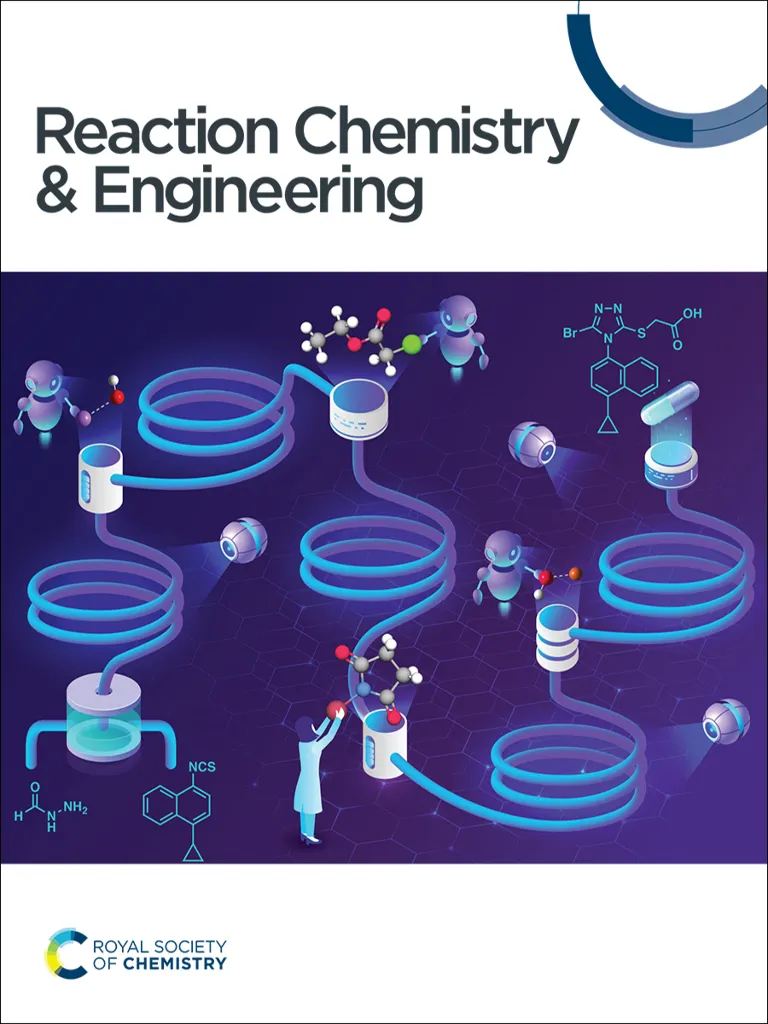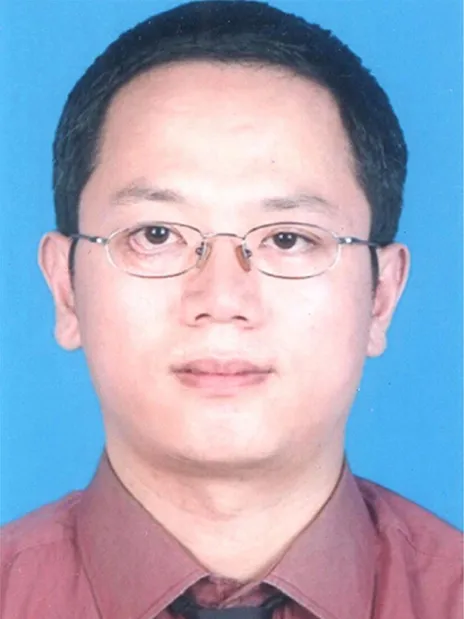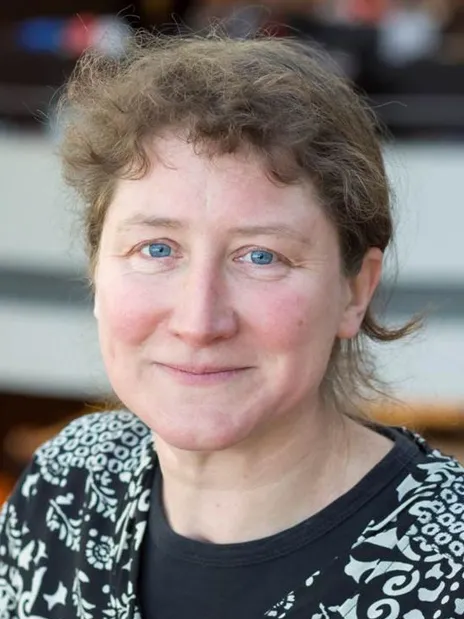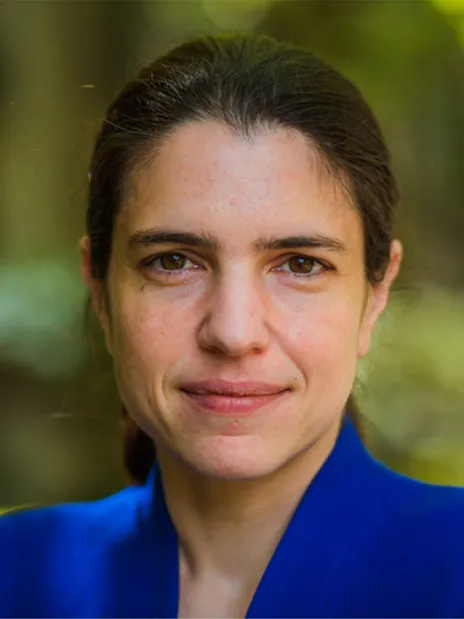Reaction Chemistry and Engineering
The journal bridging the gap between chemistry and chemical engineering.
Editor-in-Chief: Dionisios Vlachos
Open Access: Hybrid

Reaction Chemistry and Engineering is an interdisciplinary journal reporting cutting-edge research focused on enhancing the understanding and efficiency of reactions. Reaction engineering leverages the interface where fundamental molecular chemistry meets chemical engineering and technology. Challenges in chemistry can be overcome by the application of new technologies, while engineers may find improved solutions for process development from the latest developments in reaction chemistry.
ISSN: 2058-9883
Journal Impact factor
3.1 (2024)
First decision time (all)
19.5 days
First decision time (peer reviewed)
33 days
Scope
Reaction Chemistry and Engineering is a unique forum for researchers whose interests span the broad areas of chemical engineering and chemical sciences to come together in solving problems of importance to wider society.
All papers should be written to be approachable by readers across the engineering and chemical sciences. Papers that consider multiple scales, from the laboratory up to and including plant scale, are particularly encouraged.
Key topics of interest include (but are not limited to):
Reaction engineering approaches or technologies:
- Reaction development and optimisation (including catalysis and catalyst design, mechanistic and kinetic studies, analysis and monitoring, mechanism and kinetics, screening, intensification and scale-up)
- Synthesis technologies (including electrochemistry, photochemistry and mechanochemistry)
- Reaction and process engineering (including continuous processes, reactor design, integrated reactors, microfluidics and new reactor concepts)
- Flow chemistry (including organic, inorganic, enzymatic, analytical and process chemistry)
- Digitalisation of chemistry and biochemistry (including analysis and monitoring, automation, visualisation, machine learning, algorithms, high-throughput discovery and cyber-physical systems)
- Biochemical engineering (including biocatalysis, enzyme engineering, bioprocessing and chemical biology)
- Materials synthesis and processing (including nanomaterials, nanoparticles, polymers, surfaces, interfaces and membranes)
- Separations (including reactive extraction/distillation and membrane-based processes)
Biological, chemical, medical, environmental and energy applications:
- Pharmaceutical and speciality chemical development (including target identification and screening, synthetic route development and process design, intensification and scale-up)
- Sustainable chemistry (including platform chemicals from bioresources and waste, alternative solvents, circular economy and efficient processes)
- Environment and climate (including clean water, carbon capture, reactive and membrane separations, solar fuels and pollution abatement)
Information for authors
Want to publish in this journal? Our author guidelines explain how to prepare and submit your article and provide useful information on the review and publication process including transfers, revisions and any article processing charges (APCs) that may apply.
You can read our payments and funding information for further details about APCs, which may apply for publishing open access in this journal, as well available discounts and waivers.
You may be able to publish open access in this journal, with no APC to pay, if your institution has an open access agreement with us. You can use our journal finder tool to check for agreements between us and your institution.
Meet the team










Malcolm Berry
MB Chemistry Consulting Ltd
Claude de Bellefon
University of Lyon
Professor Donna Blackmond
Scripps Research
Wayne Blaylock
Dow Chemical Company
Cara Brocklehurst
Novartis AG
Jian-Feng Chen
Beijing University of Chemical Technology
Cathy Chin
University of Toronto
Evelina Colacino
University of Montpellier
Avelino Corma
Valencia University
Anna Croft
Loughborough University
Paul Dauenhauer
University of Minnesota
Stevan Djuric
High Point University
Raju Kumar Gupta
Indian Institute of Technology Kanpur
Dorota Gryko
Polish Academy of Sciences
Ryan Hartman
New York University
Joel Hawkins
Pfizer
Ive Hermans
University of Wisconsin-Madison
Volker Hessel
University of Adelaide
Lin Huang
Trunk & Petal Pte Ltd.
Klavs Jensen
Massachusetts Institute of Technology (MIT)
Marty Johnson
Eli Lilly
Niket Kaisare
Indian Institute of Technology Madras
C Oliver Kappe
University of Graz
Alexander Katz,
University of California
Francesca Kerton,
Memorial University
Beata Kilos-Réaume
Dow Chemical Company
Dong Pyo Kim
POSTECH
Shu Kobayashi
The University of Tokyo
Amol Kulkarni
National Chemical Research Laboratory
Alexei Lapkin
University of Cambridge
Hélène Lebel
Université de Montréal
Angeliki Lemonidou
Aristotle University of Thessaloniki
Guangsheng Luo
Tsinghua University
Professor Anita Maguire
University College Cork
Haresh Manyar
Queen’s University Belfast
Rebecca Meadows
AstraZeneca
Massimo Morbidelli
Milano Politecnico
Tim Noël
University of Amsterdam
Matthew O'Brien
Keele University
Tatsuya Okubo
The University of Tokyo
Polona Žnidaršič Plazl
University of Ljubljana
Anastasios Polyzos
University of Melbourne
Jeffrey Rimer
University of Houston
Rebecca Ruck
Merck & Co. Inc.
Andrew Rutter
UK
Basu Saha
Lancaster University
Susannah L. Scott
University of California
Doris Segets
University of Duisburg-Essen
Manish Sharma
BASF
Jay Siegel
University of Hong Kong
Ning Sun
Lawrence Berkeley National Laboratory
Annette Taylor
University of Sheffield
Laura Torrente Murciano
University of Cambridge
Enrico Tronconi
University of Milan
Veronique Van Speybroeck
Ghent University
Siegfried Waldvogel
Johannes Gutenberg University Mainz
Robin White
Luxembourg Institute for Science & Technology
Sheryl L. Wiskur
University of South Carolina
Wen-De Xiao
Shanghai Jiao Tong University
Zhen Yao
Zhejiang University
Carmine D'Agostino
University of Manchester
Maria Southall
Executive Editor
Kay Burrows
Deputy Editor
Emily Skinner
Editorial Manager
Molly Colgate
Assistant Editor
Katie Morton
Assistant Editor
Charu Storr-Vijay
Assistant Editor
Alison Winder
Assistant Editor
Basita Javeed
Editorial Assistant
Allison Holloway
Publishing Assistant
Sam Keltie
Publisher
Read this journal
Communication
Selective transfer hydrogenation of furfural under continuous flow conditions promoted by the recoverable homogeneous Shvo's catalyst
Paper
Reactor intensification on glycerol-to-acrylic acid conversion: a modelling study
Communication
Photocatalytic evolution of nitrous oxide from nitric monoxide over Pt-loaded titanium dioxide under UV irradiation
Review article
State-of-the-art heterogeneous polymerization kinetic modelling processes and their applications
More from this journal
Contact the journal team
We're here to help. Contact the journal team if you have any questions about publishing your paper with us.
Sign up for journal email alerts
Get table of contents alerts and notifications about calls for papers, themed issues and more.
